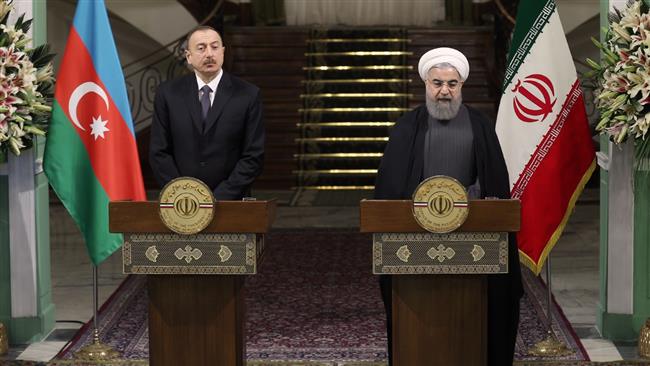The European Union has initially emerged as a project to form a union based on economic cooperation. However, its implementation has brought about a different momentum over time and politics have gained the upper hand to economics. While the political idea at the basis of the economic union was to balance and rein in Germany, what evolved in time appears to be how Germany reorganizes the union. It is possible to look back at the breaking point of economic thought undermined by political ambition in the decision to form a Euro zone. Although the incontestable value of a monetary union to economic development and growth is clearly known, the also well known indispensable rules and requirements for forming a common currency has been ignored and the economic locomotive countries of the EU have acted with extreme self-confidence as all others went along with the understanding that the caravan would shape up on the road. The country benefiting the most from the Euro zone economic implementation, as expected and calculated, has been Germany. On the other hand, the eventuality of opting out or being dismissed from Euro membership was considered not to be necessary in the engineering of the Euro zone and thereby no such mechanism had been formed, whereas exactly this situation has emerged as an inevitable necessity in today’s conditions. The Euro zone mechanism has been formed in such a manner that regardless of the size of the wheels, any break with one cannot be by-passed and it paralyzes the whole mechanism. In a research conducted by the Bertelsmann Foundation in Berlin on a possible worse case scenario, it has been calculated that Greece, Italy, Portugal and Spain’s separation from the Euro will have a bearing of 17 trillion Euros on world economy. The effects of this tremor will be felt from the US to China and the countries separating from the Euro will end up in the clutches of social chaos and political instability. As regards Turkey’s neighbor Greece alone, its separation from the Euro is estimated to cost 674 billion Euros for world economy, while its cost to Greece will be 164 billion Euros and to Germany 73 billion Euros. In a research conducted on other countries requiring assistance for bail out, the cost of their separation for Germany’s economy has been calculated as follows: 225 billion Euros for Portugal, 805 billion Euros for Spain and 600 billion Euros for Italy. Accordingly, the EU’s powerful economies, with Germany being at the forefront, are faced with a serious dilemma. The disintegration of the Euro zone will cause an unbearable economic burden for all involved. On the other hand, for the continuation with the Euro, regular contributions by prospering economies will be required in balancing the level of welfare of economies producing less. This situation could cause a negative precedent for some, hampering competitive will and the drive to produce more. Such a development will surely not reduce applications for assistance and will probably encourage new countries to join the row. The Greek Administration of Southern Cyprus currently getting in line could be a case in point.
© 2009-2025 Center for Eurasian Studies (AVİM) All Rights Reserved
COURT VERDICTS AGAINST ARMENIANS ARE BECOMING THE RULE
 PRESIDENT ALIYEV’S VISIT TO IRAN AND ASTARA RAILWAY
PRESIDENT ALIYEV’S VISIT TO IRAN AND ASTARA RAILWAY
 BOOK REVIEW-SASUN: THE HISTORY OF AN 1890S ARMENIAN REVOLT
BOOK REVIEW-SASUN: THE HISTORY OF AN 1890S ARMENIAN REVOLT
 JOE BIDEN’S STATEMENT ON 1915 EVENTS: PURPOSEFUL POLITICAL ACTIONS MAY CAUSE UNANTICIPATED CONSEQUENCES, AN ANALYSIS FROM THE SOCIOLOGICAL VIEWPOINT
JOE BIDEN’S STATEMENT ON 1915 EVENTS: PURPOSEFUL POLITICAL ACTIONS MAY CAUSE UNANTICIPATED CONSEQUENCES, AN ANALYSIS FROM THE SOCIOLOGICAL VIEWPOINT
 A HUMBLE REMINDER TO THE SECRETARY GENERAL OF NATO IN VIEW OF THE MOTION ADOPTED BY THE GERMAN PARLIAMENT
A HUMBLE REMINDER TO THE SECRETARY GENERAL OF NATO IN VIEW OF THE MOTION ADOPTED BY THE GERMAN PARLIAMENT
 THE CLAIM OF WESTERN ARMENIA AND ITS REFLECTIONS IN THE PUBLIC OPINION
THE CLAIM OF WESTERN ARMENIA AND ITS REFLECTIONS IN THE PUBLIC OPINION




























